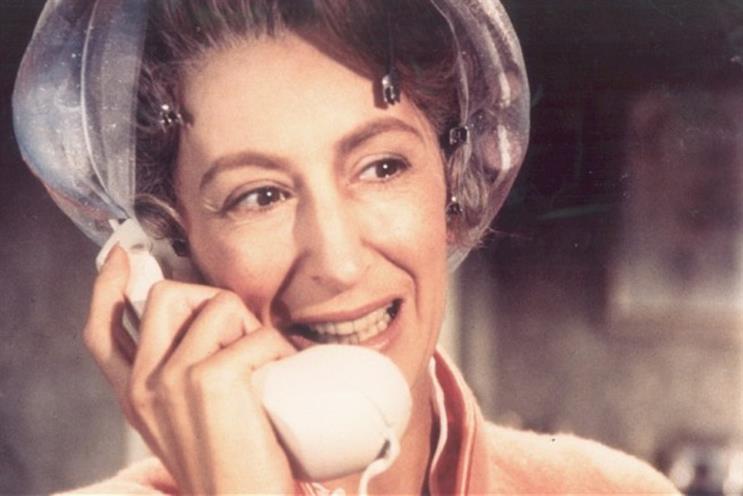
Dan Ramsay is customer acquisition director at BT
TV advertising has become far less dominant as other channels have opened up more choice. When I first started in marketing the media plan started with the TV ad and worked backwards from that. Today, many large brands are starting with social and working around that. That doesn’t mean that TV doesn’t have a major role to play, but it’s much more complementary to other channels. Part of that change is also about the way the TV landscape has changed, of course. When there was only one commercial station and the audiences for major shows were so huge, major brands couldn’t really opt out of being on air. Today they definitely can.
It’s simple to see how TV advertising has shaped brands through the ages. How many of your friends outside the industry can name a famous press ad to you? Or an online ad? Or a radio ad? Not many. TV advertising is advertising to most consumers. They know there are other media, but they’re nowhere near as memorable or top of mind. When I tell people what I do for a living, many of them recall the classic BT adverts over the decades – Buzby, Maureen Lipman and Bob Hoskins – for our older customers these are still statements of who BT are and why we’re loved.
The opportunity for TV advertising to play a major role in the marketing mix is there simply down to the fact that the number of hours people spend watching TV isn’t decreasing, but it has to get much more targeted and data driven or advertisers will lose patience with the huge production costs. As TV becomes more digital and integrated with the web, the opportunity is obvious, but it needs to hurry up – brands wishing to target younger audiences won’t wait.
It excites me that in the future, TV advertising will be more relevant than ever as technology allows us to get much more targeted
It excites me that in the future, TV advertising will be more relevant than ever as technology allows us to get much more targeted. The future belongs to a data-geek-cum-creative hybrid.
TV will be global, with advertising local. Want to watch the next series of Mad Men on a US channel? Want to watch English football whilst you’re in China? The power in the value chain will shift from channels to content recommenders and aggregators that are trusted by the consumer.


